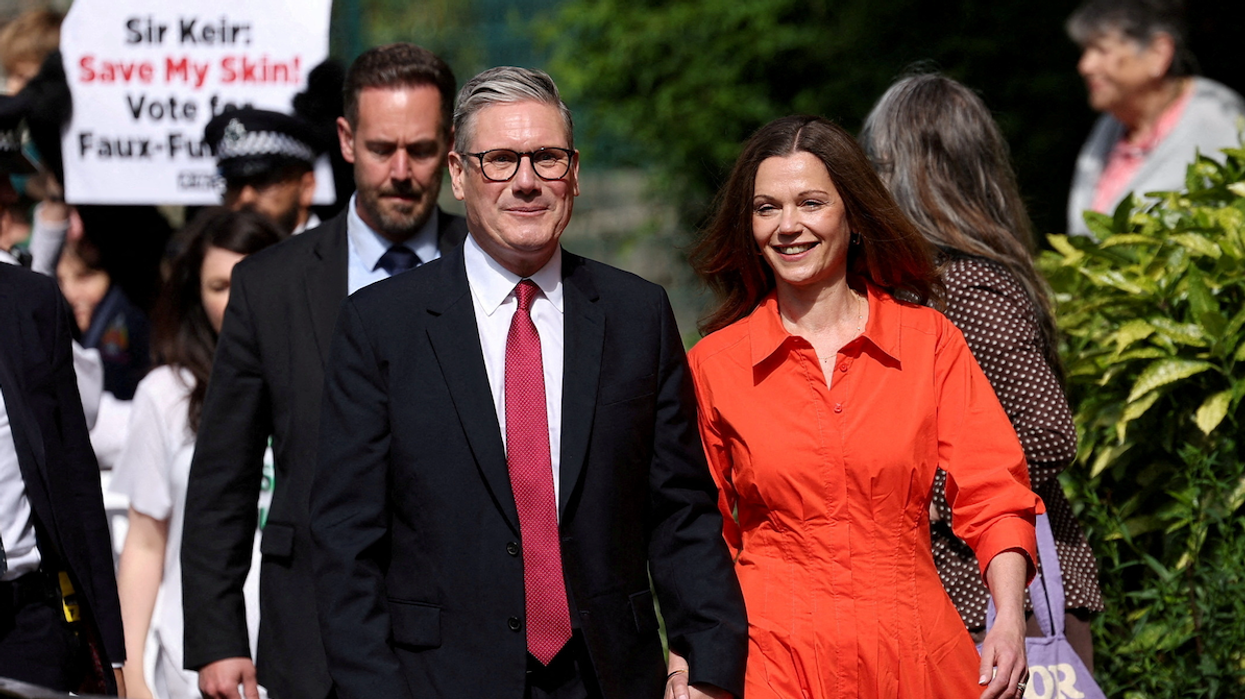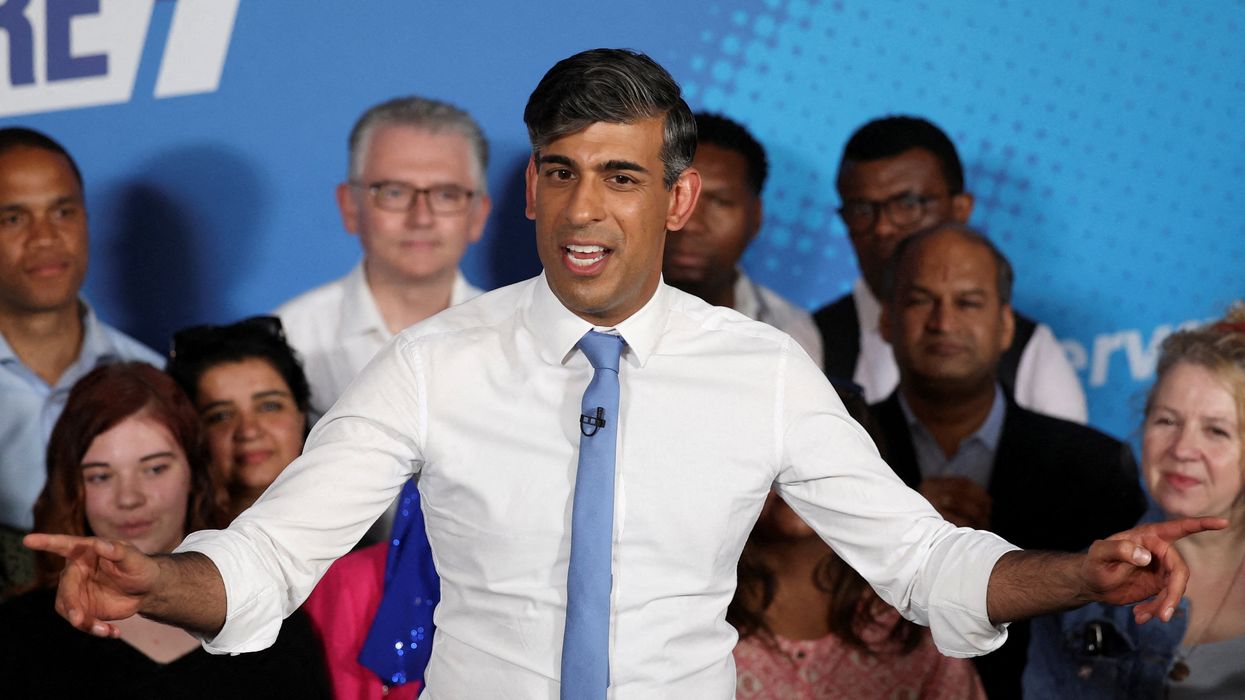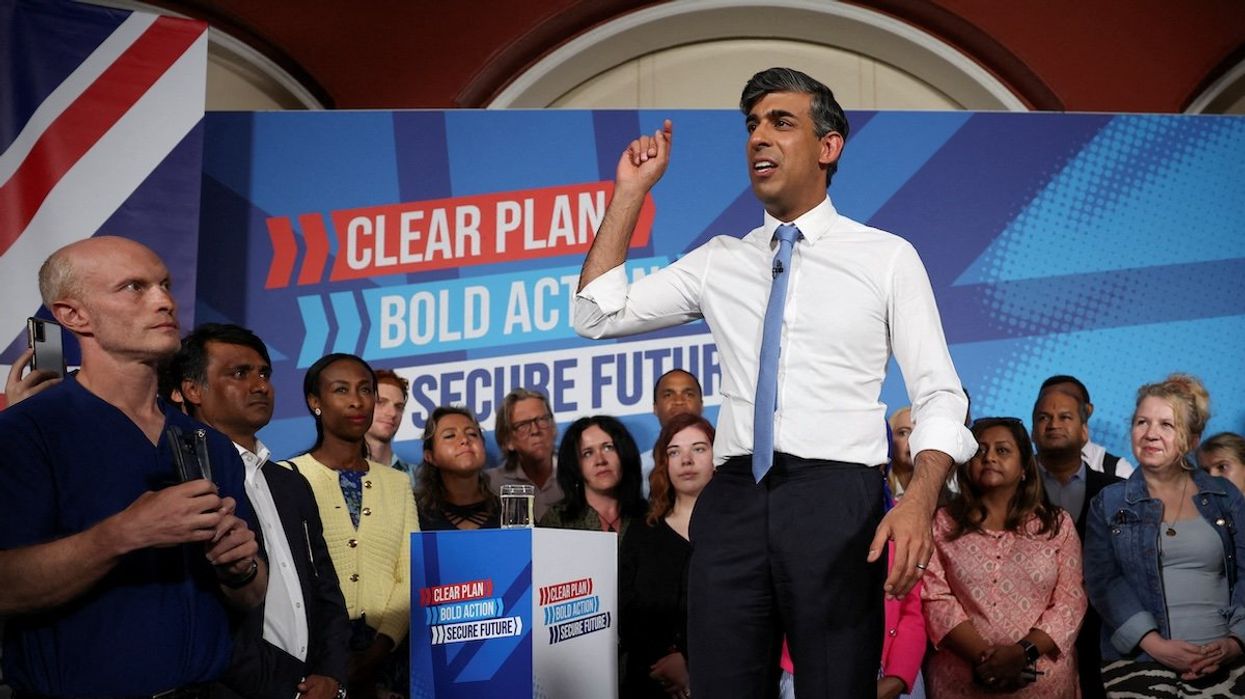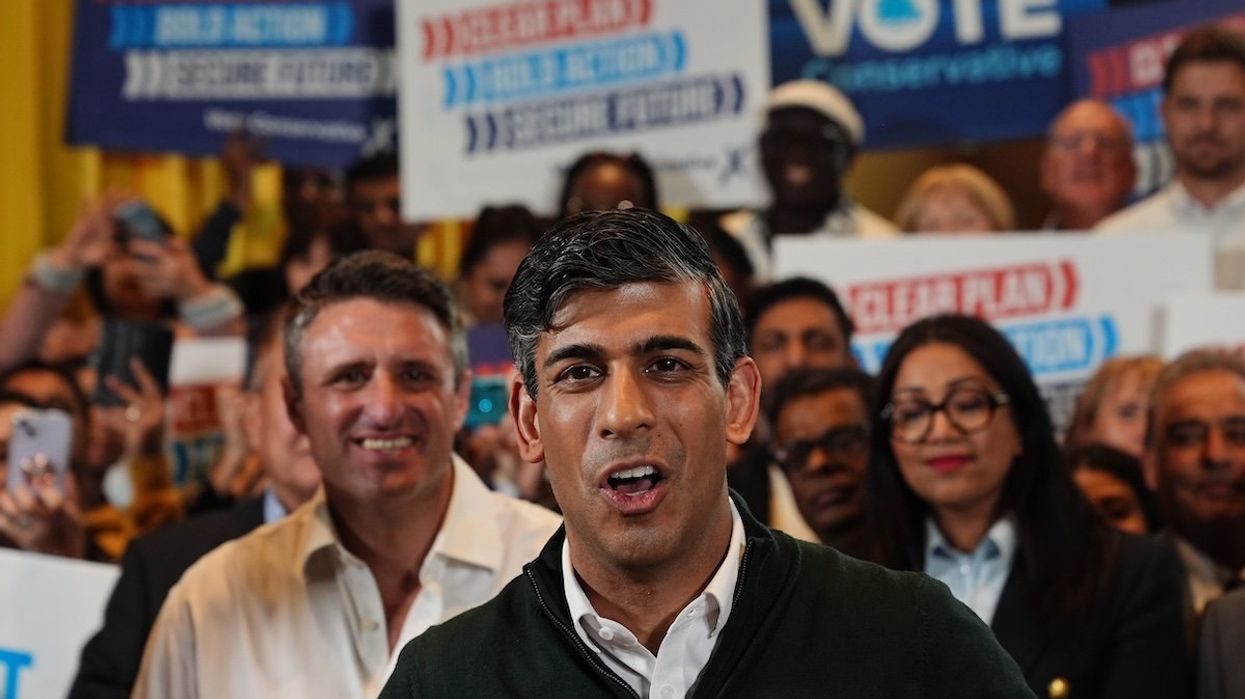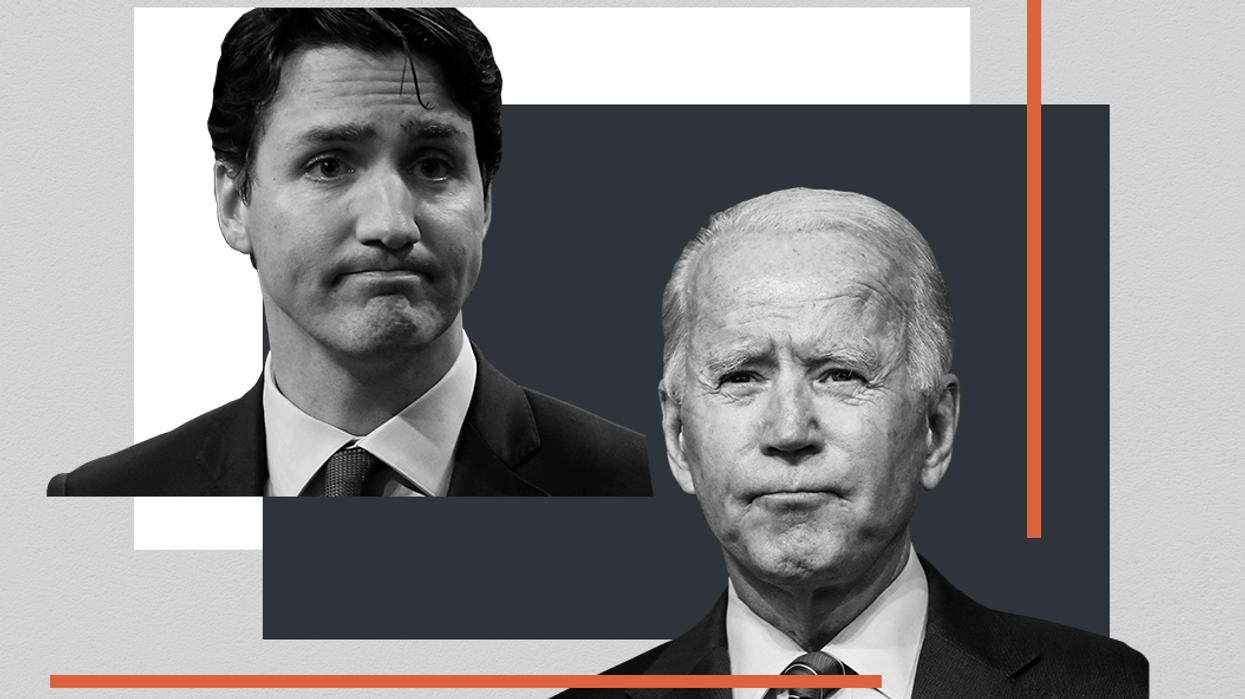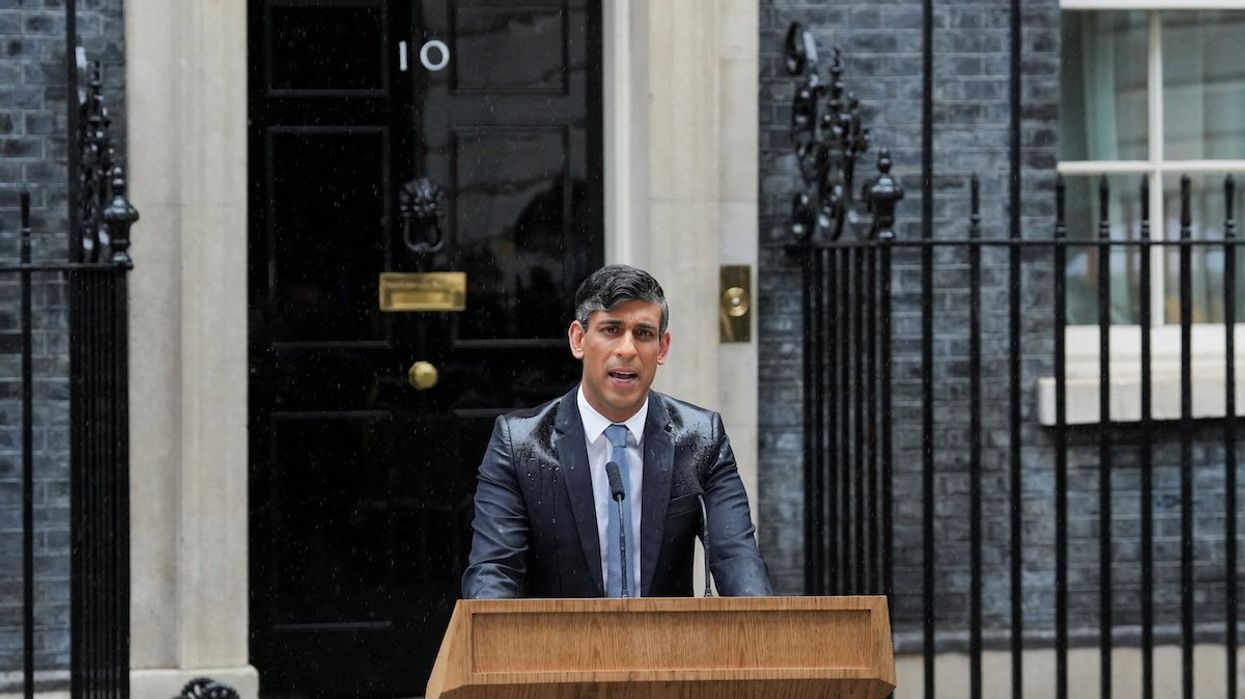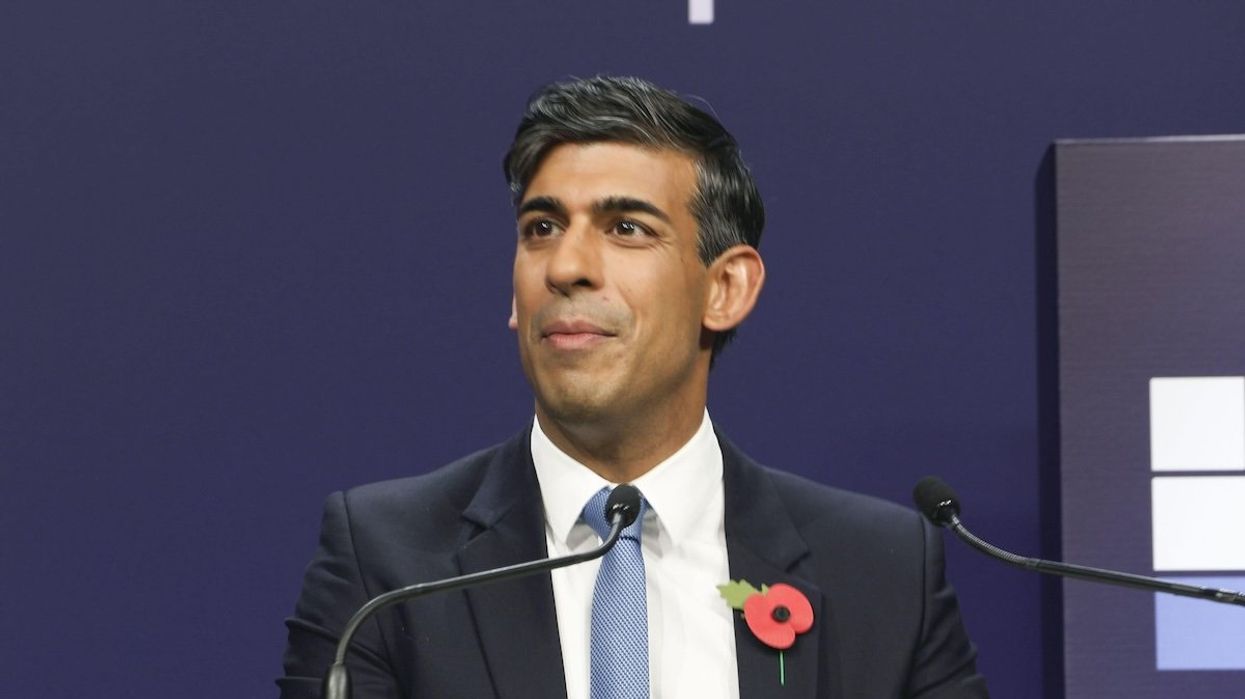What We're Watching
Brits say bye-bye to Tory rule
British voters put a new spin on the Fourth of July today, freeing themselves from 14 years of Conservative rule. Labour won in a historic landslide, making party chief Keir Starmer the United Kingdom’s new prime minister.
Jul 04, 2024
